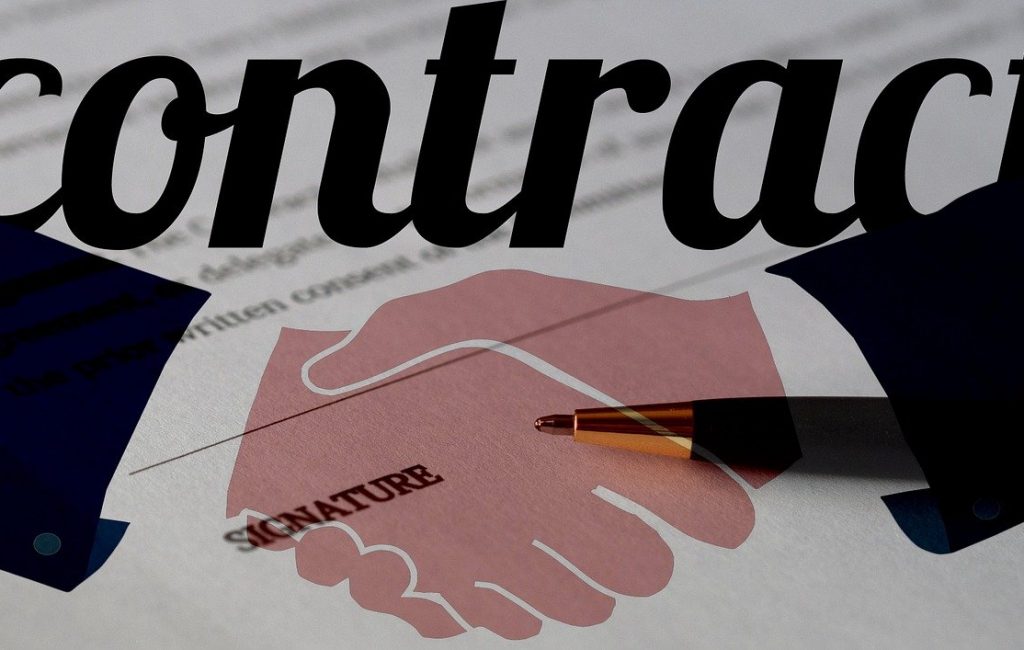A contract’s indemnification clause distributes the risk among the signing parties. Because of the potential for loss, these safeguards are often used. That other party has committed to pay you back if their actions result in a financial loss for you is shown by this provision. They might, for example, do anything that results in a lawsuit being filed against you by a third party.
What does Indemnification Clause mean?
Indemnification arrangements, or hold-harmless agreements, transfer the blame for one party’s acts onto the other. One-sided indemnification contracts and clauses for mutual indemnity are two instances.
They are also capable of defining specific expressions, such as:
- Indemnity limits
- As a result of the coverage
- Criteria for making a claim
- What can be regained in terms of losses
It is possible to get assistance from contract lawyers within your jurisdiction in creating an acceptable contract for your situation.
A wide range of industries and organizations make use of indemnification clauses. For individuals and businesses alike, they help them to create the parameters within which others may be held accountable for their acts.
Different types of Indemnification Clauses
Contracts where one party provides services, sell commodities or goods, or acts on behalf of another party often include an indemnification clause. Indemnifying someone or a firm means that if the underlying contract is breached in any way, or if they are sued, you will cover their legal fees.
Mutual Indemnification
A mutual indemnification clause aims to provide both parties with a sense of security. It means that whoever violated the agreement would be liable for the legal fees incurred by the party that caused the breach.
Oneway Indemnification
Transferring liability is the primary objective of one-way indemnifications. However, in some circumstances, a party at risk of being sued for breach of contract may seek indemnity. For example, you may wish to include an indemnification provision in your agreement if, as an independent contractor, you sell goods for a business and are involved in a product defect lawsuit.

Importance
Contract parties may use an indemnification clause for the following:
- Take a risk-adjusted approach to transactions and each counterparty.
- Defend itself against lawsuits and damages that it should not be responsible for.
For example, the seller risks a product damaging a third party more efficiently than the customer in a sale of goods agreement. A customer’s main job is to pay, but the vendor’s role is to manage the goods. As a result, a buyer’s chances of minimizing losses and liabilities linked with the products are lower than the seller’s.
Limitations
The inclusion of liability baskets may guard against claims for tiny sums of compensation. However, if you’re contemplating signing a contract that includes an indemnity provision, you should keep a few things. To begin, make sure you comprehend the clause’s wording in its entirety by reading it aloud. It’s important to know whether you’ll be protected from any claims or just reasonable claims if the clause contains this phrase. In addition, the indemnification provision in a warranty should be restricted by restricting the contract to indemnity.
Conclusion/Examples
It’s possible to think of security and protection from financial hardship as the same thing. Therefore, it is common for all contracts to contain an indemnification clause. This clause is standard in contracts because one of the contractual parties promises to protect and reimburse the other in specific scenarios the parties agree upon. There are many indemnification clause samples are present on the internet for better understanding.
FAQs
What are indemnification provisions?
These provisions are crucial because they may protect individuals and businesses against financial losses resulting from a third party’s actions or third-party lawsuits. For example, an indemnification provision might be helpful if your firm often uses independent contractors since it would specify the conditions under which the contractor would be held liable.
Should an indemnification agreement/contract is a must?
Companies often utilize a one-sided indemnification clause. An indemnification agreement might be helpful for every firm, no matter how small or large or technical or professional. Contractual provisions, known as indemnification agreements, protect one party from being held liable if a third party or third entity suffers harm.






